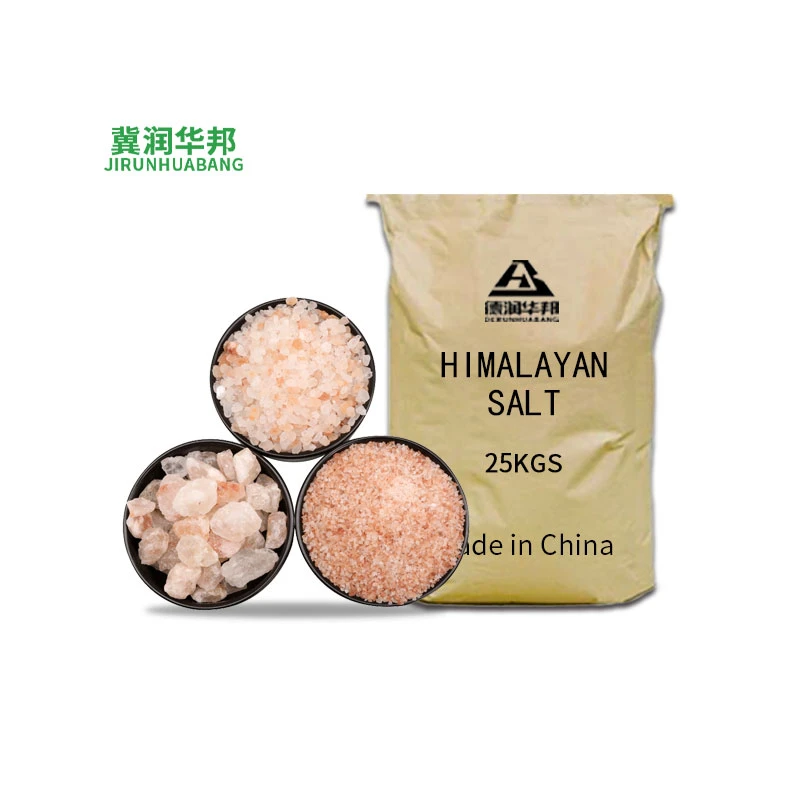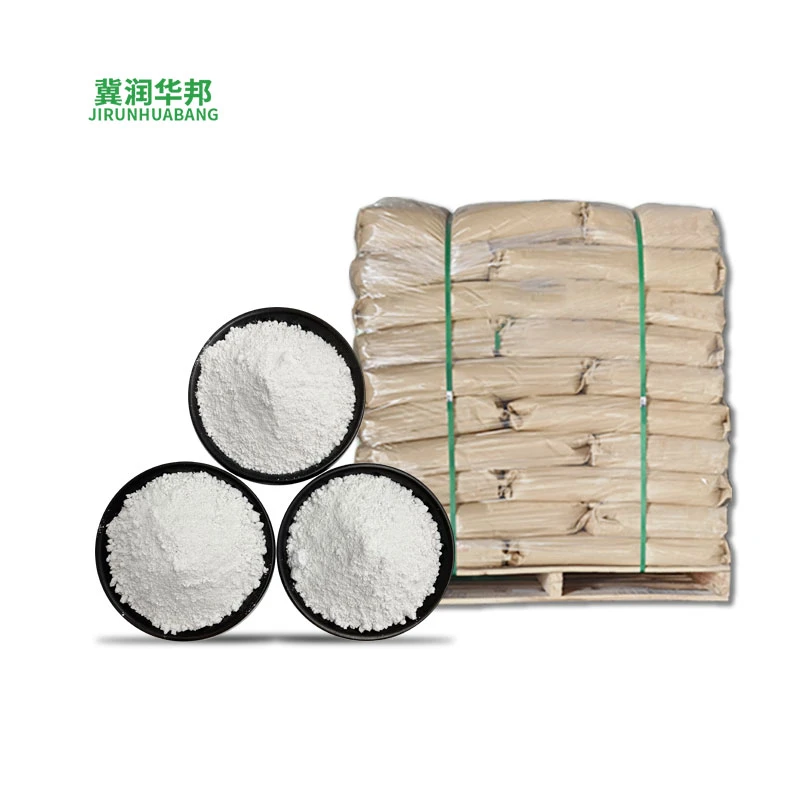Polypropylene Fiber Lightweight, Durable & Cost-Effective Solutions
Back to list
- Introduction to Polypropylene Fiber
- Key Properties and Technical Advantages
- Polypropylene vs. Glass Fiber: Performance Comparison
- Cost Analysis and Market Pricing Trends
- Manufacturer Comparison for Industrial Applications
- Custom Solutions for Specific Use Cases
- Future Prospects in Material Engineering

(what is polypropylene fiber)
Understanding Polypropylene Fiber in Modern Industry
Polypropylene fiber, a synthetic polymer derived from propylene monomers, has become a cornerstone material across construction, automotive, and textile sectors. With global production exceeding 8.2 million metric tons annually, its versatility stems from unique molecular stability and adaptability to manufacturing processes. Unlike natural fibers, polypropylene variants demonstrate enhanced resistance to chemical degradation, maintaining structural integrity in pH ranges from 2 to 12.
Technical Superiority in Material Science
The fiber's crystalline structure provides 45% higher tensile strength than polyester equivalents while retaining a density of 0.91 g/cm³. Key technical differentiators include:
- Melting point: 160°C (320°F) for thermal stability
- Moisture absorption: <0.01% by weight
- UV resistance: 1,500-hour Xenon arc test compliance
Performance Matrix: Synthetic Fiber Comparison
| Property | Polypropylene | E-Glass Fiber |
|---|---|---|
| Density (g/cm³) | 0.91 | 2.58 |
| Thermal Conductivity (W/m·K) | 0.25 | 1.2 |
| Cost per kg (USD) | $1.20-$2.50 | $3.80-$5.60 |
Economic Considerations in Material Selection
Current market data reveals regional pricing variations:
- North America: $1.45-$2.30/kg for standard grades
- Asia-Pacific: $1.20-$1.85/kg with volume discounts
- EU markets: €1.30-€2.10/kg including tariffs
Production economies of scale reduce costs by 18-22% per 10,000-ton capacity increments.
Industrial Supplier Landscape Analysis
| Manufacturer | Fiber Length | Diameter Range | Specialty Applications |
|---|---|---|---|
| BASF | 6-50mm | 15-40μm | Concrete reinforcement |
| Sika | 12-60mm | 18-50μm | Asphalt modification |
| Honeywell | 3-25mm | 12-30μm | Nonwoven textiles |
Custom Engineering for Sector-Specific Needs
Advanced modification techniques enable:
- Surface functionalization with maleic anhydride (0.5-2% grafting)
- Length-diameter ratio optimization (300:1 to 800:1)
- Conductive additives integration (carbon loading up to 8%)
Polypropylene Fiber's Evolving Industrial Role
Recent advancements in polymer blending have increased thermal stability by 40%, expanding applications in geothermal systems and EV battery components. Market projections indicate 6.8% CAGR through 2030, driven by infrastructure investments exceeding $2.1 trillion globally.

(what is polypropylene fiber)
FAQS on what is polypropylene fiber
Q: What is polypropylene fiber?
A: Polypropylene fiber is a synthetic polymer made from propylene monomers. It is lightweight, resistant to moisture and chemicals, and widely used in textiles, packaging, and construction materials.
Q: How does polypropylene fiber compare to glass fiber?
A: Polypropylene fiber is lighter, more flexible, and chemically resistant than glass fiber, but glass fiber offers higher tensile strength and heat resistance. Polypropylene is also more cost-effective for non-high-temperature applications.
Q: What are common applications of fiber polypropylene?
A: Polypropylene fiber is used in geotextiles, automotive parts, ropes, and medical fabrics. Its durability and resistance to abrasion make it ideal for industrial and consumer products.
Q: What is the cost of polypropylene fiber per kg?
A: The cost of polypropylene fiber ranges from $1.50 to $3.00 per kg, depending on purity, manufacturing processes, and market demand. It is generally cheaper than glass fiber.
Q: Why choose polypropylene fiber over glass fiber?
A: Polypropylene fiber is preferred for lightweight, corrosion-resistant, and budget-sensitive projects. Glass fiber is better for high-strength or high-temperature environments where polypropylene’s limitations apply.
